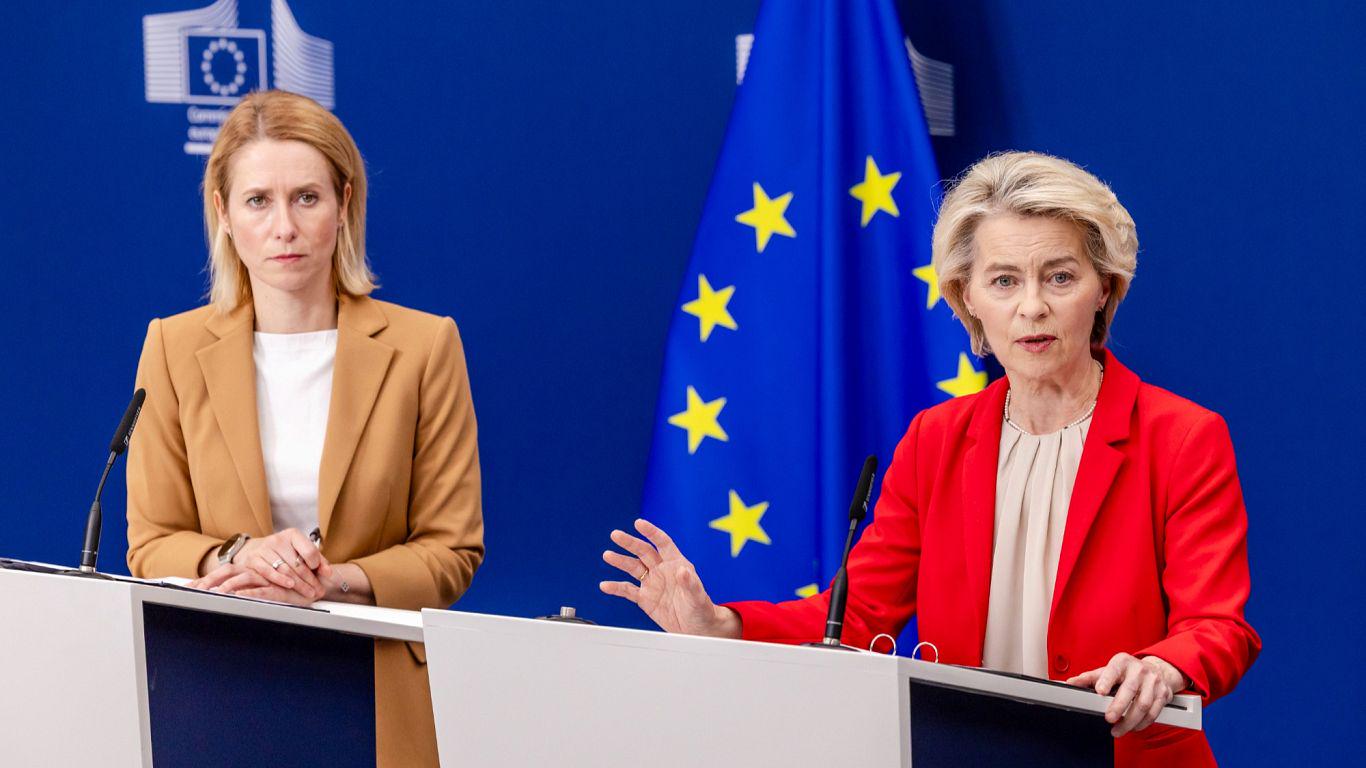The European Union’s recent struggle to reach a consensus on suspending Israel from a research fund over the Gaza conflict has sparked a wave of discussions and debates within the EU member states. This contentious issue has brought to light the complexities of international relations, the challenges of balancing political interests, and the ethical considerations surrounding humanitarian crises.
In a recent meeting, representatives from Germany and Italy expressed the need for more time to examine the Commission’s proposition, delaying a decision that required a qualified majority vote. The dynamics of EU decision-making, where the population weight of key countries like Italy and Germany plays a significant role, have once again come into play, highlighting the intricate web of alliances and interests within the EU.
The hesitation displayed by Germany and Italy in taking a firm stance on the Israeli suspension issue reflects the delicate diplomatic tightrope that EU member states often find themselves walking. While Germany advocated for continued dialogue with Israel as a preferred approach over immediate action, concerns were raised about the effectiveness of diplomatic talks in addressing the ongoing crisis in Gaza.
“Germany wanted to continue dialogue with Israel as opposed to taking action – but we all know the dialogue is not working,”
a source revealed during the meeting, underscoring the underlying tensions and diverging perspectives within the EU regarding the best course of action in response to the Gaza conflict.
The online community, as evidenced by the 87 upvotes and 115 comments on the Reddit post discussing the EU’s failure to agree on the Israeli suspension, has been actively engaged in dissecting the implications of this decision – or lack thereof. The diverse range of opinions and insights shared by users reflects the multifaceted nature of the issue and the varying perspectives within the European public.
“It’s concerning to see the EU struggle to take a unified stance on such a critical humanitarian issue. The lack of consensus only prolongs the suffering of innocent civilians in Gaza,”
commented one user, capturing the frustration and dismay felt by many individuals witnessing the political gridlock over a matter with significant humanitarian consequences.
The EU’s inability to reach an agreement on the Israeli suspension from the research fund not only highlights the complexities of international diplomacy but also raises broader questions about the EU’s role in promoting peace and stability in conflict-ridden regions. The diverging approaches of member states towards sensitive geopolitical issues like the Gaza conflict underscore the challenges of forging a cohesive foreign policy within the EU framework.
“The EU’s failure to act decisively on the Israeli suspension issue underscores the need for stronger unity and clarity in addressing international crises. The repercussions of this indecision extend far beyond the realm of EU-Israel relations,”
remarked a political analyst, shedding light on the far-reaching implications of the EU’s internal discord on global affairs.
As the discussions surrounding the EU’s stance on the Israeli suspension continue to unfold, it becomes apparent that the decisions made within the EU corridors reverberate far beyond its borders. The intricate interplay of political interests, ethical considerations, and diplomatic intricacies underscores the challenges faced by supranational bodies like the EU in navigating complex geopolitical landscapes.
In conclusion, the EU’s failure to agree on the Israeli suspension from the research fund over the Gaza conflict serves as a poignant reminder of the intricate balancing act that defines international relations. The diverging perspectives, nuanced debates, and underlying tensions within the EU illuminate the complexities of forging consensus on sensitive issues with far-reaching implications. This episode underscores the pressing need for cohesive foreign policy approaches and strategic unity within the EU to effectively address humanitarian crises and promote peace in conflict-affected regions.

Comments